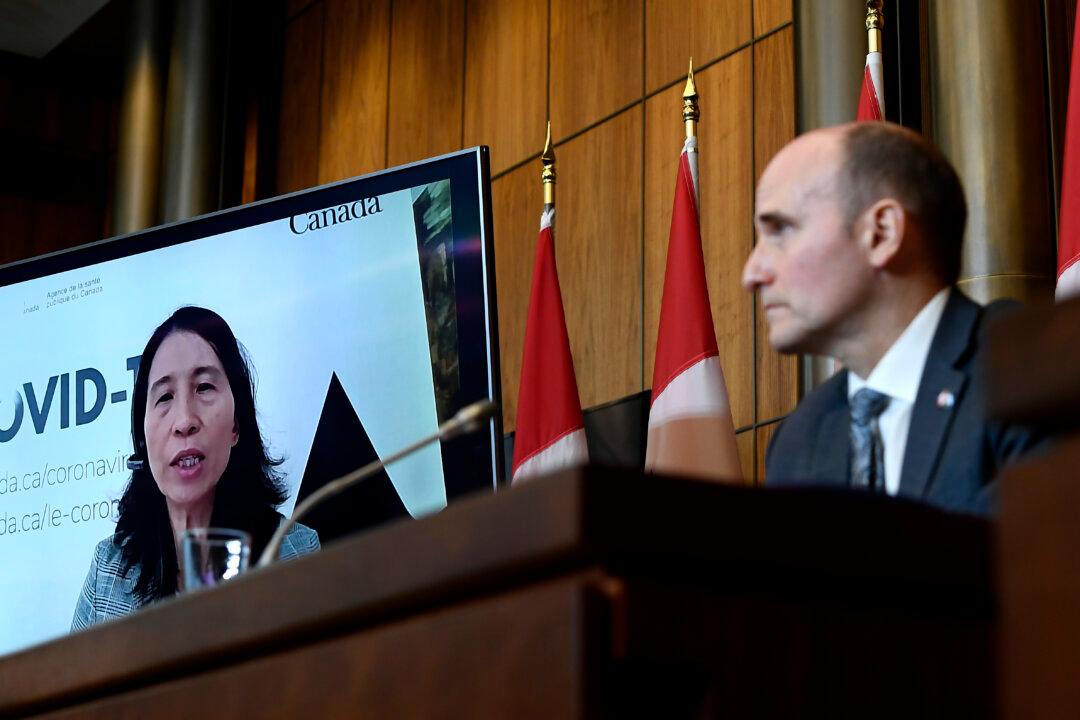A briefing document from federal health authorities setting out the rationale for imposing vaccine mandates in the fall of 2021 raised ethical concerns and acknowledged that the vaccinated may transmit COVID-19 as much as the unvaccinated, but it nevertheless encouraged mandatory injections.
“There is some emerging evidence documenting that COVID-19 cases (Delta variant) in fully vaccinated individuals may have similar viral loads than unvaccinated cases,” says the briefing by Health Canada (HC) and the Public Health Agency of Canada (PHAC).





